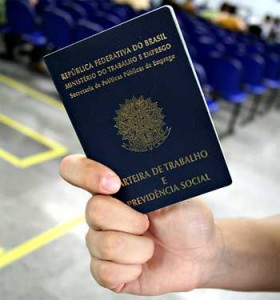Social programs helped curb rising poverty in Brazil

The 2014 Human Development Report, released last Thursday, 24/07, by the United Nations Development Program (UNDP), argues that the expansion of public spending and social programs helped Brazil to prevent the return of most vulnerable sections of the population into poverty after the 2008 global economic crisis.
According to the document, the countercyclical policy (increased public spending in times of low economic growth), income transfer programs and the minimum wage appreciation policy made the consumption of the poorest 40% of the population continue to grow in higher than the population average.
For the president of UNDP in Brazil, Jorge Chediek, the strategy of increasing public spending to contain economic crises should have been followed by the richest countries. “We recommend the adoption of countercyclical policies in times of economic instability. Revenue was not followed in developed countries, which cut spending and worsened unemployment, and the vulnerability of the population ”, he compared.
According to Andréa Bolzon, coordinator of the Human Development Atlas in Brazil, aid to the poorest populations was not limited to social programs. The expansion of credit and the appreciation of the minimum wage helped to maintain the formalization of the labor market by stimulating domestic consumption.
“Worldwide, there is a tendency for jobs to fall and informality to increase. Brazil is one of the few countries to register an increase in employment and a decrease in informal work between 2007 and 2010 ”, pointed out Andréa.
To know more, visit.



